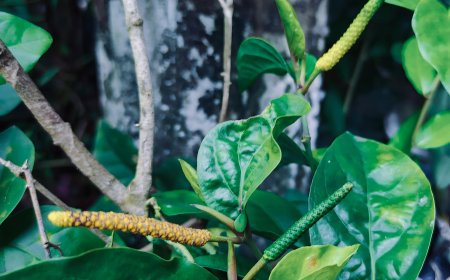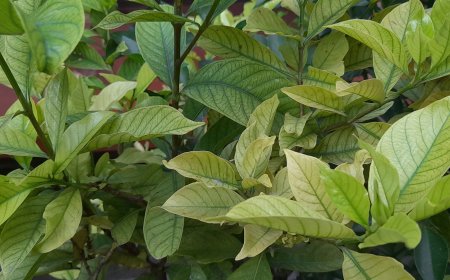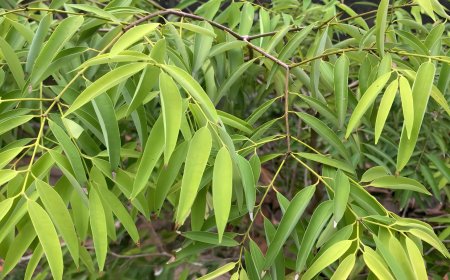The Secret of Pecut Kuda: An Effective Remedy for Digestive Disorders in Lontar Usadha Dalem
Traditional Balinese medicine, as recorded in the lontar Usadha, reveals the benefits of the pecut kuda plant (Stachytarpheta jamaicensis) as an herbal remedy for digestive issues. In the lontar Usadha Dalem, pecut kuda is recognized as effective for treating stomach pain and diarrhea. This plant grows wild in tropical regions, featuring small purple to blue flowers. Rich in compounds like flavonoids, tannins, and alkaloids, pecut kuda possesses antioxidant, antimicrobial, anti-inflammatory, and antispasmodic properties, protecting body cells, fighting infections, reducing inflammation, and alleviating abdominal cramps.
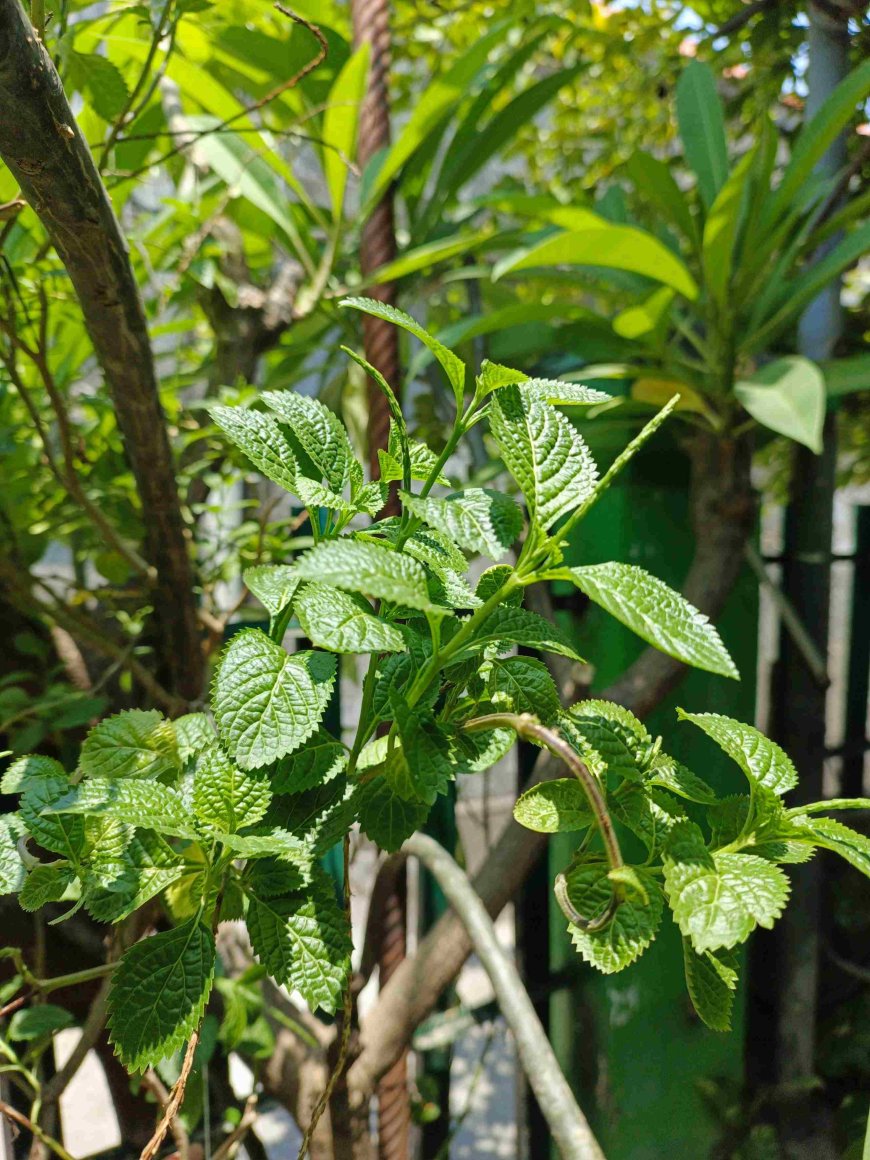
Traditional Balinese medicine, as recorded in various Usadha manuscripts, is a valuable heritage rich in knowledge about herbal plants. One well-known manuscript is Usadha Dalem, which contains information on the use of plants to treat various diseases. Usadha Dalem focuses on internal medicine. There are many types of internal diseases, which also lead to various treatments. In "Usadha Dalem," various remedies related to the human body's internal organs are described, including poisoning, stomach pain, urinary disorders, bloating, signs of death, and treatments related to the reproductive health of both women and men. Within this manuscript, pecut kuda (Stachytarpheta jamaicensis) is mentioned as one of the effective herbs, particularly for digestive disorders.
Pecut Kuda's Plant (Source: Personal Collections)
Pecut kuda is a wild plant that grows in tropical regions, characterized by small purple to blue flowers that grow on long stalks resembling whips. In Bali, this plant is commonly found in open fields, farmland, and home gardens. Traditionally, pecut kuda is often used to address digestive issues such as bloating, abdominal pain, and diarrhea. Its efficacy is supported by the chemical compounds found in the plant, such as flavonoids, tannins, and alkaloids. The flavonoids in this plant possess antioxidant properties that help protect body cells, while the tannins and alkaloids have antimicrobial, anti-inflammatory, and antispasmodic effects. The antimicrobial effects help combat bacteria that can cause infections in the digestive tract, while the anti-inflammatory properties are useful for reducing inflammation in the digestive system. Additionally, the antispasmodic effects of this plant can relieve abdominal muscle cramps, which often accompany diarrhea or stomach pain.
Pecut Kuda's Leaves (Source: Personal Collections)
The Usadha Dalem manuscript provides guidance on how pecut kuda can be used to address health issues, particularly digestive problems such as stomach pain, diarrhea, and bloating. Typically, the parts used are the leaves and flowers, which are processed in simple ways, such as boiling or steeping for drinking. Here are the simple steps to prepare a pecut kuda leaf infusion by boiling.
1. Gather your materials and take several fresh pecut kuda leaves.
Preparation of Tools and Ingredients (Source: Personal Collections)
2. Wash the pecut kuda leaves thoroughly.
Washing the Pecut Kuda's Leaves (Source: Personal Collections)
3. Prepare and heat a pot until the water boils.
Boiling the Water (Source: Personal Collections)
4. Add the pecut kuda leaves to the boiling water and let them simmer for about 5-10 minutes.
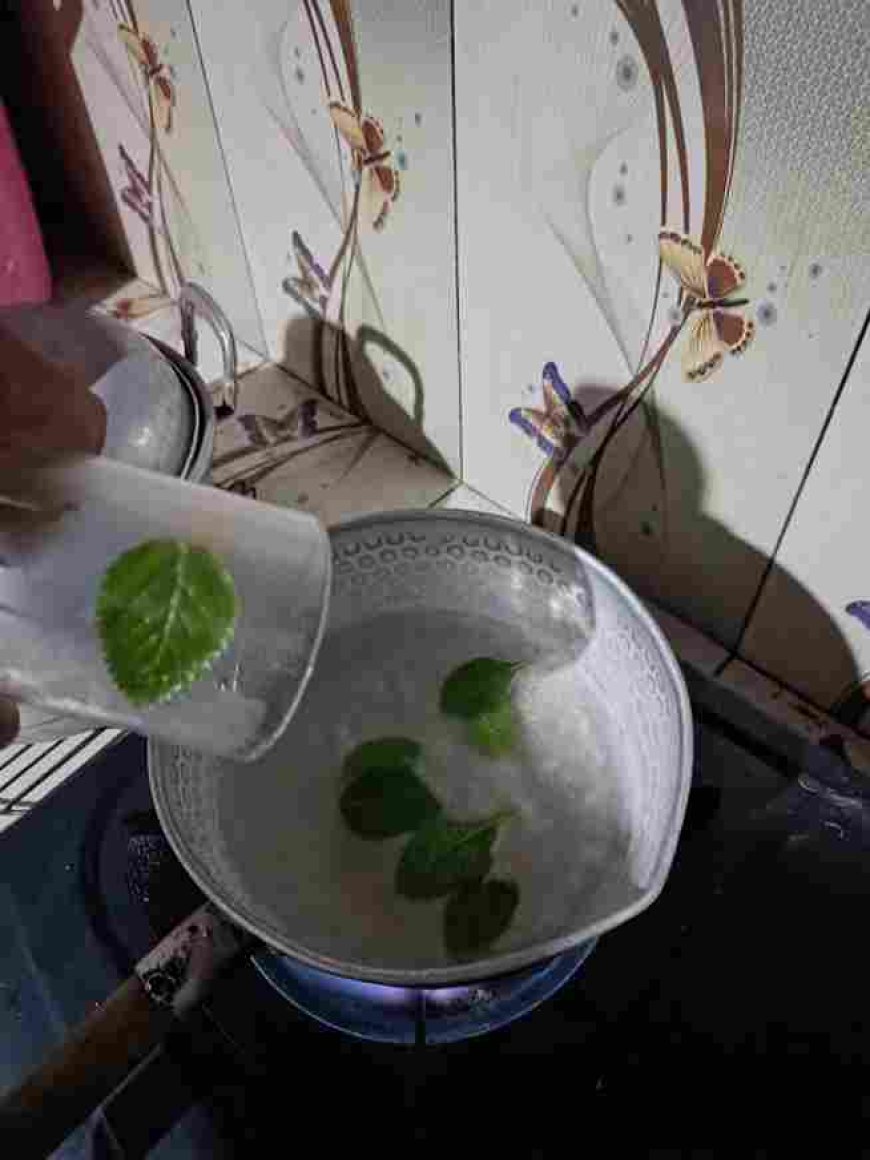
Putting Pecut Kuda's Leaves in A Pot (Source: Personal Collections)
5. Pour the boiled pecut kuda infusion into a glass and enjoy it warm.
Result of Boiled Pecut Kuda's Leaves (Source: Personal Collections)
The use of pecut kuda, as recorded in the Usadha Dalem manuscript, symbolizes the wealth of knowledge embedded in Balinese traditional medicine that has endured over the years. For generations, this herbal remedy has been utilized to support health, particularly digestive health. This tradition not only maintains a connection to ancestral culture but also presents a natural and sustainable approach to wellness, allowing today's generation to embrace nature-based solutions passed down through tradition.


















































